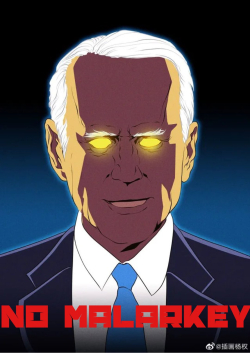 Computing is a binary process. (Image from an album cover by Trippie Red.)
Computing is a binary process. (Image from an album cover by Trippie Red.)
I knew this when I first came online in 1985. Back then all the modems made noise, all the screens were glass, and all the networks were owned by the phone monopolies.
It was obvious, when I was reporting on the Electronic Networking Association in the late 1980s. Computing made freedom binary. Either you were free, or you weren’t. Netiquette was never more than a suggestion. That’s why the Internet didn’t open to general traffic until 1993. The military had to give up control over its tool.
Since then, we’ve done a lot to model the analog world in the digital one. But the binary nature of networking remains. We’re either free or we’re not free.
Law has acted against this like calculus against a curve, or codecs against sound. Greater or lesser effort is applied against different levels of violation. But computing remains binary. Those who are committed to ignoring the law still have the advantage.
In the analog world, it’s true that the good guys must protect every door and window while the bad guys only need to jimmy open one. But in the digital world, jimmying open one means all the doors and windows are open to anyone who has the tool. Software now costs nothing to distribute, and networks can’t tell the difference between software that’s stealing your money and software that’s helping you buy an iPad.

There are only two ways the Internet crime wave can break. We can either break the Internet (which we’re not going to do) or we can reach agreement (which we can do if we try). Treaties can have enforcement mechanisms. Violations can be punished, systematic violators isolated.
That needs to start happening. It can happen between the U.S. and China if both sides are willing. But both sides must be willing.
A Cold War in cyberspace isn’t cold. It’s very, very hot.
And it’s getting hotter.









